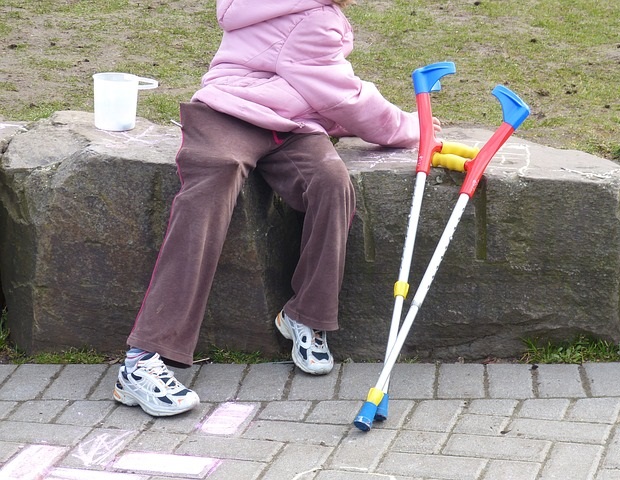People with disabilities make up 13 per cent of all pregnant women in Ontario, and a new report finds that this population is more likely to experience pregnancy complications, including emergency department visits, hospitalization and premature birth.
Researchers from ICES, the University of Toronto Scarborough and the Centre for Addiction and Mental Health (CAMH) have released a groundbreaking report detailing the findings of the largest study to date on the disorder and pregnancy.
The National Institutes of Health-funded Disability and Pregnancy Study used medical and interview data from births of approximately 150,000 people with disabilities to examine pre-pregnancy, pregnancy, birth, postnatal and newborn health outcomes and healthcare experiences of people with physical, sensory, developmental and multiple disabilities in Ontario, Canada.
“In in-depth interviews with more than 60 people with disabilities, service providers and policymakers, we did find examples of positive experiences with antenatal care. But we also heard about how antenatal care can be inaccessible to people with disabilities.”
Hilary Brown, lead author, adjunct scientist at ICES and associate professor in the Department of Health and Social Sciences at the University of Toronto, Scarborough
Pregnancy Care Experience
Interviews with people with disabilities revealed challenges many face in the pregnancy care system, including barriers to access, fragmented care, lack of knowledge among health care providers about disabilities, and disrespectful and ableist assumptions.
One participant said, “I [the doctor] “I met the doctor for the first time when I went to the hospital to confirm the pregnancy. He asked, ‘What are you here for?’ I was like, ‘Oh, I just found out I’m pregnant.’ And he looked down at my wheelchair for a second, then at me and said, ‘Are you here for an abortion?’ I was totally flabbergasted. He said, ‘No, we’ve been trying for a year and we’re really excited.’ It was a really strange and frightening experience.”
Other participants reported difficulty using equipment such as examination tables, communication challenges, judgement from health care providers, and a lack of coordinated care from social services and the health care system.
Providers and policymakers discussed structural barriers to accessing pregnancy care, such as a lack of time during appointments to address patients’ needs, often cited as a result of Ontario’s fee-for-service system. Other barriers included a lack of funding for accessible equipment, inadequate disability-related training, and few clinical guidelines to support care delivery.
“There is mounting evidence that people with disabilities who access antenatal care have higher rates of mental health concerns and mental health service use than people without disabilities. Lack of access to care has a significant impact on mental health not only during pregnancy but also after birth. Our research shows that without support in place, the experience can be isolating, frightening and challenging. When we think about how to make antenatal care as good as it can be, we need a mental health lens to ensure we support people whole-heartedly.”
Yona Lunsky, report co-lead, adjunct scientist at ICES and scientific director at the Azrieli Adult Neurodevelopment Center at CAMH
Key data findings:
Overall, 16.3% of Ontario women aged 15 to 49 have a documented disability. The most common disability is physical disability (11%), followed by sensory impairment (4%), multiple disability (1%), and developmental disability (0.4%).
More women with physical disabilities (20%), developmental disabilities (27%), and multiple disabilities (25%) visit emergency departments for obstetric reasons during pregnancy than women without disabilities (15%). Hospitalization and psychiatric disorders are also more prevalent among these groups.
Newborns of women with developmental disabilities (9%) and multiple disabilities (10%) were more likely to be born preterm (before 37 weeks of gestation) than newborns of women without disabilities (6%).
Time to change
“The time to act is now,” Brown said. “We need to put more emphasis on accessibility, which includes modifying the structures and processes of pregnancy care so that they are responsive to the full range of needs of people with disabilities.”
The authors recommend that all antenatal care facilities should be adapted to the mobility, communication, sensory and learning needs of people with disabilities. Furthermore, remuneration policies for health care workers should be flexible to allow for longer and more frequent consultations. Health care workers themselves should receive better training on disabilities and accessibility. A holistic approach should address both physical and mental health needs.
“Most importantly, we need to provide person-centred care,” Brown added, “which means we need to listen to and affirm what people with disabilities need, or we risk making changes that cause further harm.”
sauce:
Clinical Evaluation Science Institute

